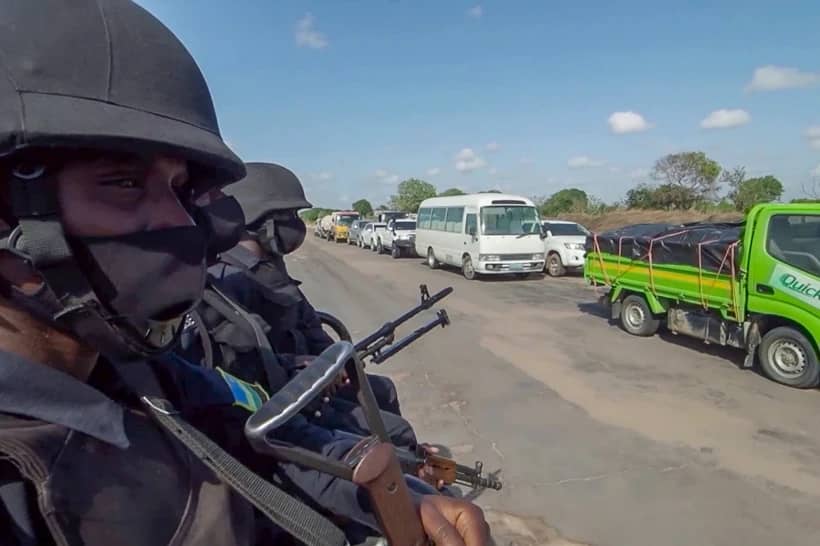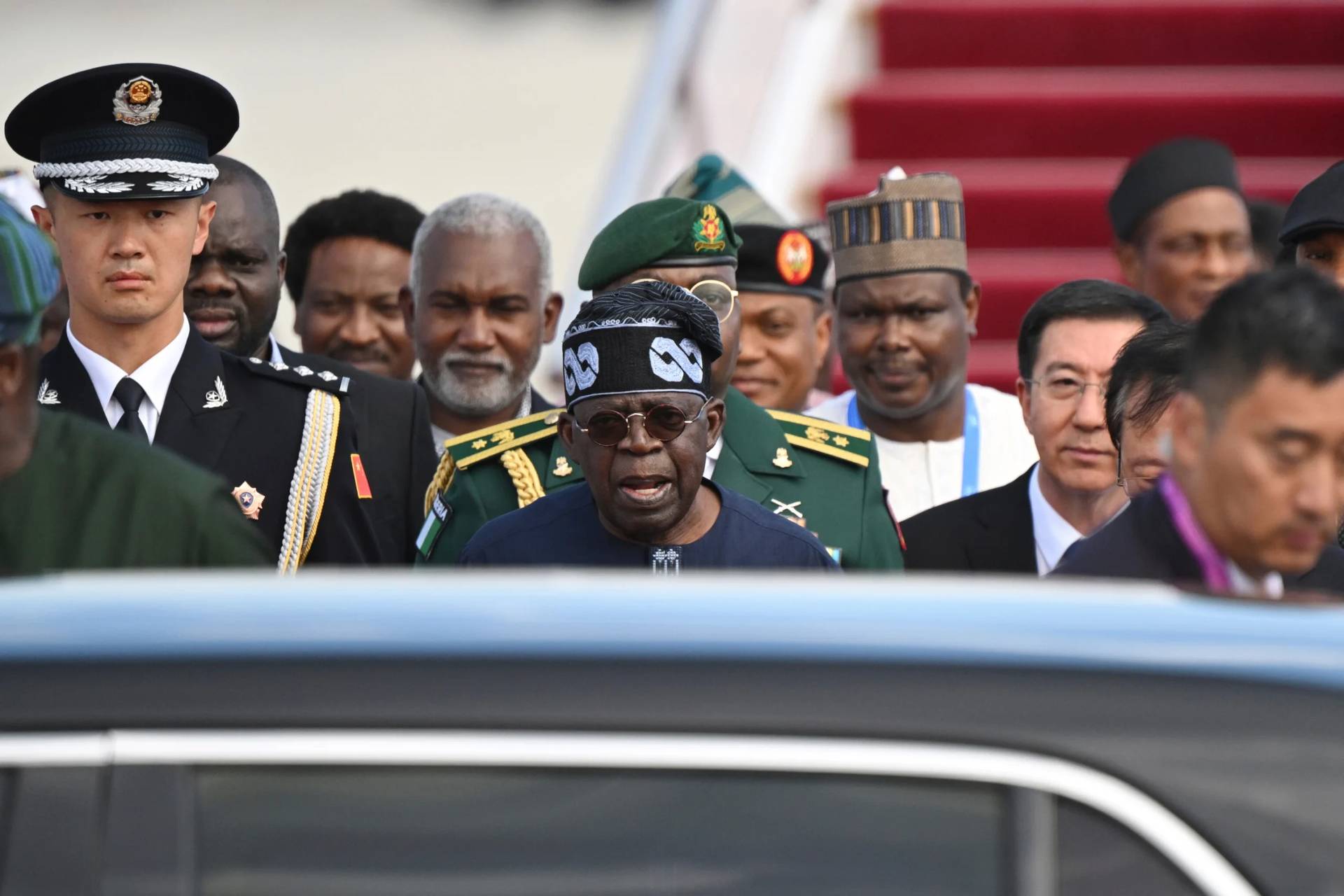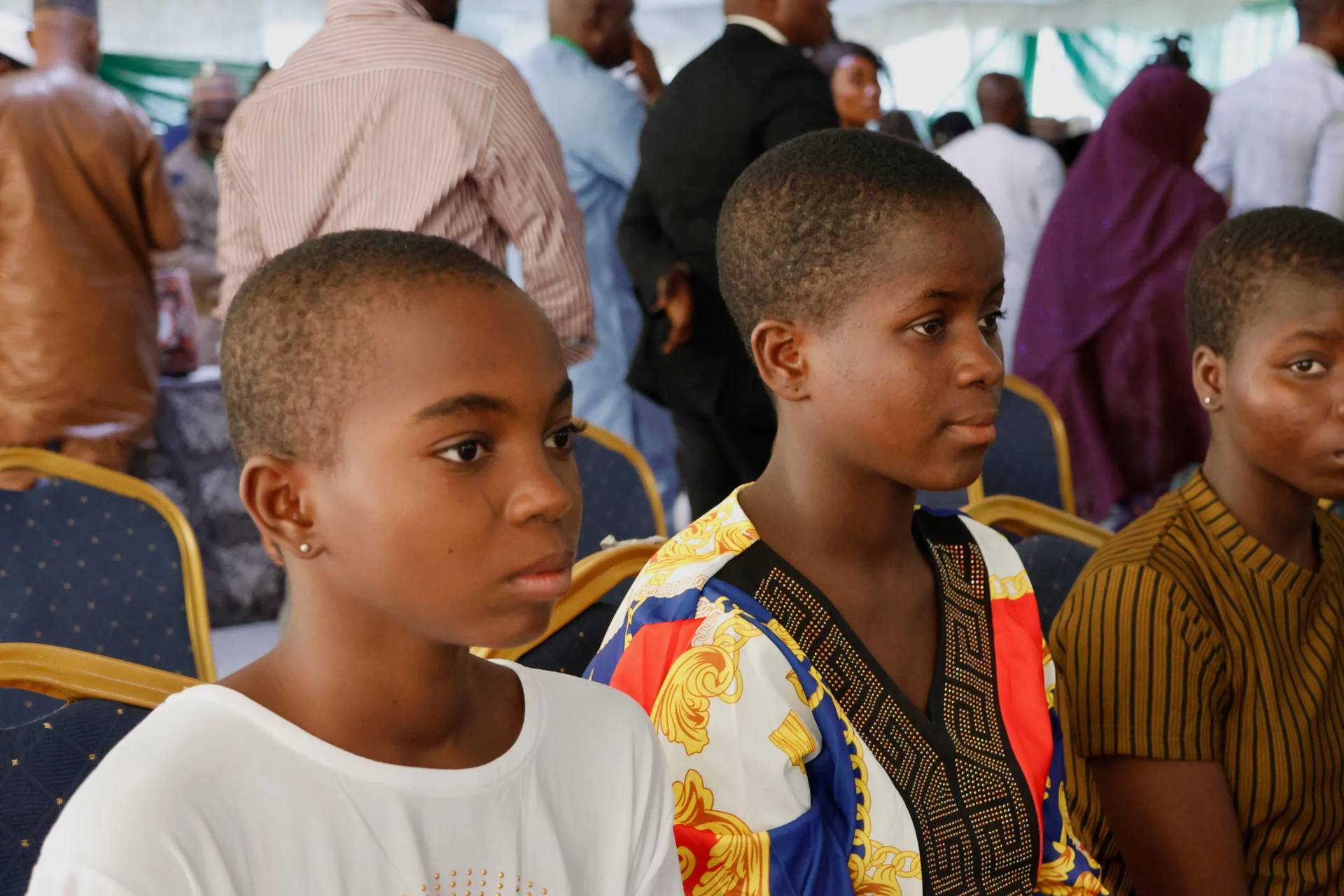YAOUNDÉ, Cameroon – Catholic prelates in West Africa have called for the establishment of “legally binding instruments to regulate the activities of transnational corporations.”
The early part of the 21st century saw a huge amount of foreign direct investment, especially from China, in the mining, energy, forestry and agriculture sector.
Often, these deals are to secure resources for the investing country, and offer little benefit for the average African citizen, although well-connected elites can make a fortune.
The issue was discussed during the 8th session of the Standing Committee of the Union of Episcopal Conferences of West Africa (CERAO-RECOWA) that took place Feb. 13 to 17 in the Ivory Coast.
The organization includes bishops from Benin, Burkina Faso, Niger, Ivory Coast, Gambia, Sierra Leone, Ghana, Guinea, Liberia, Mali, Nigeria, Senegal, Mauritania, Togo, Cape Verde and Guinea- Bissau.
Archbishop Ignatius Kaigama of Abuja, Nigeria, the president of CERAO, said the first decade of the 21st century was marked by a mad rush for land by multinational companies.
“The first decade of the 21st century was marked, among other things, by the increased interest of private investors and some states for land, especially agricultural land,” he said.
According to a 2009 FAO report, nearly 6.2m acres of farmland had been bought or rented in Sub Saharan Africa within five years fat a total cost $920 million. That number has only grown in the last decade.
These so-called “land grabs” have been justified by both the investors and African governments as a major driver of development, but the West African bishops don’t agree.
“Paradoxically, the massive grabbing of this land, which results in the expropriation of the poorest populations, is done in the name of economic and social development … Once the land is expropriated, the local populations are deprived of the natural resources essential to their survival,” the Kaigama.
The regional bishops said they were worried that a continent that contains 60 percent of the world’s arable land continues to suffer the consequences of exploitation by multinational companies. They said that land remains a gift from God and must be used in a way that sustains not only today’s generation, but also generations yet to be born.
“We strongly denounce the land grabbing and forced expropriation of land in all its forms. The consequences are incalculable: Loss of cultural and ancestral heritage, displacement, unemployment, famine, exodus, migration, etc,” the Bishops said in a statement.
The bishops also expressed worries over “the forced expropriation of land of farmers by herders for grazing purposes. We are also witnessing the manhunts, villagers who are sent packing from their homes and their farmlands destroyed. This leads to the loss of human lives.”
In much of the region, this farmer vs. herder conflict has religious undercurrents, since the Fulani herdsmen responsible for most of the deaths are Muslims, while most of the farmers are Christians.
In their statement, the bishops also touched on mineral exploitation on the continent, which they said comes at a huge environmental cost.
The harmful effects, they said, include the “degradation of the environment, imbalance of the ecosystem, loss of biodiversity, pollution of rivers, seas, water tables, etc.”
The bishops made several proposals that that they said could help resolve, or at least mitigate, these problems.
“We recognize that there exist several international treaties and conventions, but these agreements do not do justice to Africa. We therefore call for the establishment of a global, legally binding instrument to regulate the activities of transnational corporations. We ask our respective governments in West Africa to work collectively with other countries for the realization of such an instrument for peaceful global governance, a factor of social cohesion,” the bishops said.
“We also turn to the governments of developed countries. They must be aware that they hold in their hands not only the fate of their respective countries but also of the whole of humanity. They are also the guardians of our common house,” they continued.
“Let us therefore work together for a new world order which guarantees the different communities of West Africa the right to an environment which promotes sustainable development, which respects nature and natural resources. Following the Holy Father, we invite the governments of West Africa to ‘correct the growth models that seem incapable of guaranteeing respect for the environment’ and the rights of communities,” the bishops concluded.
Kaigama said the Church is not against development.
“We simply hope that development does not come at the expense of the rights of populations and the environment,” the archbishop said.
Crux is dedicated to smart, wired and independent reporting on the Vatican and worldwide Catholic Church. That kind of reporting doesn’t come cheap, and we need your support. You can help Crux by giving a small amount monthly, or with a onetime gift. Please remember, Crux is a for-profit organization, so contributions are not tax-deductible.














